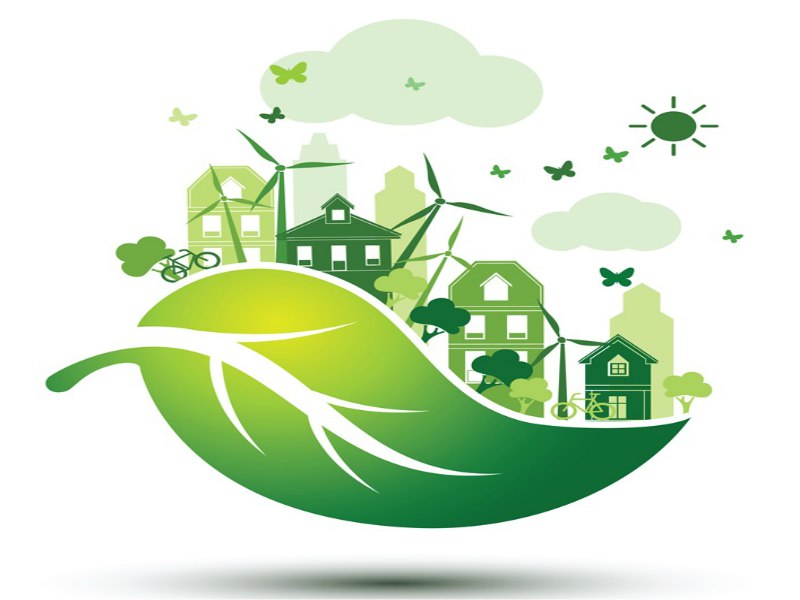Hanoi prioritizes developing solar, waste-to-energy by 2025
Hanoi expects the ratio of renewable energy to account for 1% of the total primary energy by 2025.
Hanoi has issued a plan to boost the development of renewable energy for the 2021-2025 period with a focus on solar and energy-from-waste.
| Hanoi vows to boost the use of renewable energy for 2021-2025 |
This is followed by the supplementation of a legal system and policies to encourage and boost the generation of renewable sources that was stated in the city’s Plan 225/KH-UBND.
The city targets that the ratio of renewable energy will account for 1% of its total primary energy by 2025, of which, solar power capacity will reach 100 megawatts peak (MWp) and waste-to-power 150MW.
Incentives will be given to investors of waste treatment plants that use urban waste, biomass, and solid urban waste, and any model that helps develop circular economy.
In addition, due assessment will be made to rooftop solar power and its impact on the grid, to wind and hydropower as well to diversify the city’s energy mix.
To reach the target, the city vows to conduct a number of solutions, including the dissemination of the need of energy efficiency and energy saving, improving awareness of the role of solar and waste-to-energy, organizing workshops and forums providing experience exchange and recommendations for policy making.
In terms of technology, database and online sharing will be developed to serve the planning, supervision, management, and development of the market. More investment will be made to building database on solar energy, facilities with integrated energy storage systems to optimize the participation of electricity users in demand side management (DSM).
Notably, the city will launch pilot projects that provide both funding and technical assistance to solar farms in the locality, and install light-emitting diode (LED) products.
Last but not least, the city will offer incentives to rooftop solar systems and promote the use of this model in state agencies, clinics, schools, and households.













